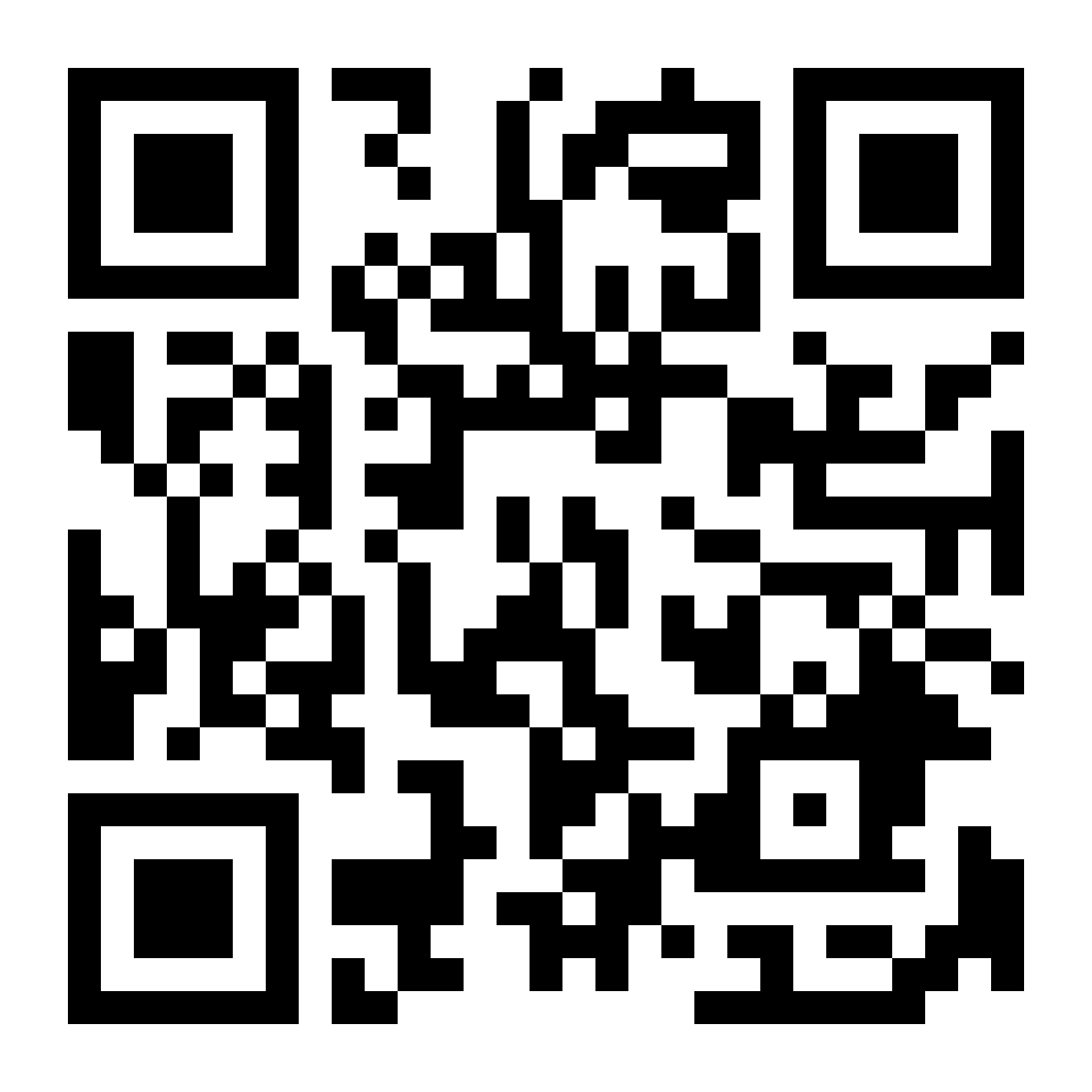Storytelling AF | How Sobriety Led Me to My Pronouns, by Saratoga Schaefer



When I was younger, my friends would say that I was a lesbian when I was drunk.
I assumed it was because my first kiss was with a female friend. Or because at high school parties, I kissed way more girls than guys. Or because when I got to college, I found myself fitting in more with the frat boys, unable to connect with many of the women on my campus.
Eventually, people started telling me I was bisexual. When I was drinking, I happily accepted this label that had been thrust upon me. Aided and abetted by alcohol, I dove into my newfound sexuality. From the way I talked and behaved, you would have thought I was excited and proud to be bi. And I was. For a little while.
But deep down I was desperately confused.
My relationship with alcohol made everything in my life messy. It blurred lines that shouldn’t have been blurred and created divides where there shouldn’t be any. I thought alcohol was opening my eyes up to the truth: that I wasn’t straight. I thought getting drunk was freeing me and allowing me to find out who I was. In reality, it was the opposite.
If you want to figure out who you are, blacking out and not remembering who you hooked up with, or if you even liked them, is not helpful. Booze was a security blanket that kept me smothered and trapped. My relationship with alcohol kept me scared of sober interactions that might have led to clarity instead of confusion.
I had accepted this label (“bisexual”) that no longer felt right. Something important was missing. I didn’t know if I wanted to date women, befriend them, or if I feared them. I didn’t know if I liked hanging out with guys because I was attracted to them, or because I wanted to be them. It would take me years to realize it was a little of everything.
The change happened when I got sober. Not at first. At first, I was just struggling to exist. But when things calmed down and I slowly got used to living without alcohol, I began to revisit my earlier questions: Who was I? Where did I belong in this community? People in sober spaces would call me “girl” or “lady” and I began to realize that those words made me pause, made me consider them deeply. I came to realize that those gendered words were making me hesitate because I didn’t consider myself to be a part of them.
It’s hard to discover your truths, to discover your real self, when your brain is constantly being drowned in a drink that encourages self-doubt, depression, and anxiety. After almost a year of sobriety I realized I was struggling because I was focused on my sexuality and ignoring my gender. That’s when I discovered I was nonbinary.
A nonbinary or genderqueer person is someone whose felt gender doesn’t fit with socially constructed norms for their biological sex. Every person is different, but the similarities seem to be that most people like me feel a persistent unease with being associated ONLY with the binary gender. There’s a whole host of ideas and information about the intersection of sexual orientation and gender identity. I can only speak for myself and say that I am happy to consider myself nonbinary and leave it at that. It doesn’t erase my sexuality; it encompasses it.
Some days I feel masculine, others I feel feminine, but most days I feel like someone entirely else. Someone that is just…separate from the gender binary. My biology is female, and I do present as femme (though as I explore this part of myself that might change), but it was such an overwhelming relief to accept this other part of myself that had been squished under layers of booze for years. The they/them side of me was finally allowed to breathe, and it has been beautiful to explore that.
This is what sobriety has given me: Clarity on who I am.
I’ve always felt like a spork; somewhere between both genders, able to work well as either, but not completely identifying as one or the other. Sure, I might look like a spoon, but the truth is I find myself comfortable being a fork as well. Or even better, acknowledging that the spork might be an entirely new third option. Maybe the spork doesn’t want to be seen as an amalgam of spoon and fork; maybe the spork wants the freedom to be any way they want to be.
Maybe they want to be beautifully undefined.
Saratoga Schaefer (they/she) is an author, community builder, and creative. You can find their poetry collection Beautiful After Breaking on Amazon and connect with Saratoga on Instagram at@the_sober_climb, @boozelessbookclub, and @theselkieshoppe
Try Reframe FREE for 7 days, and Reframe the way you think and drink.

Reframe supports you in reducing alcohol consumption and enhancing your well-being.





